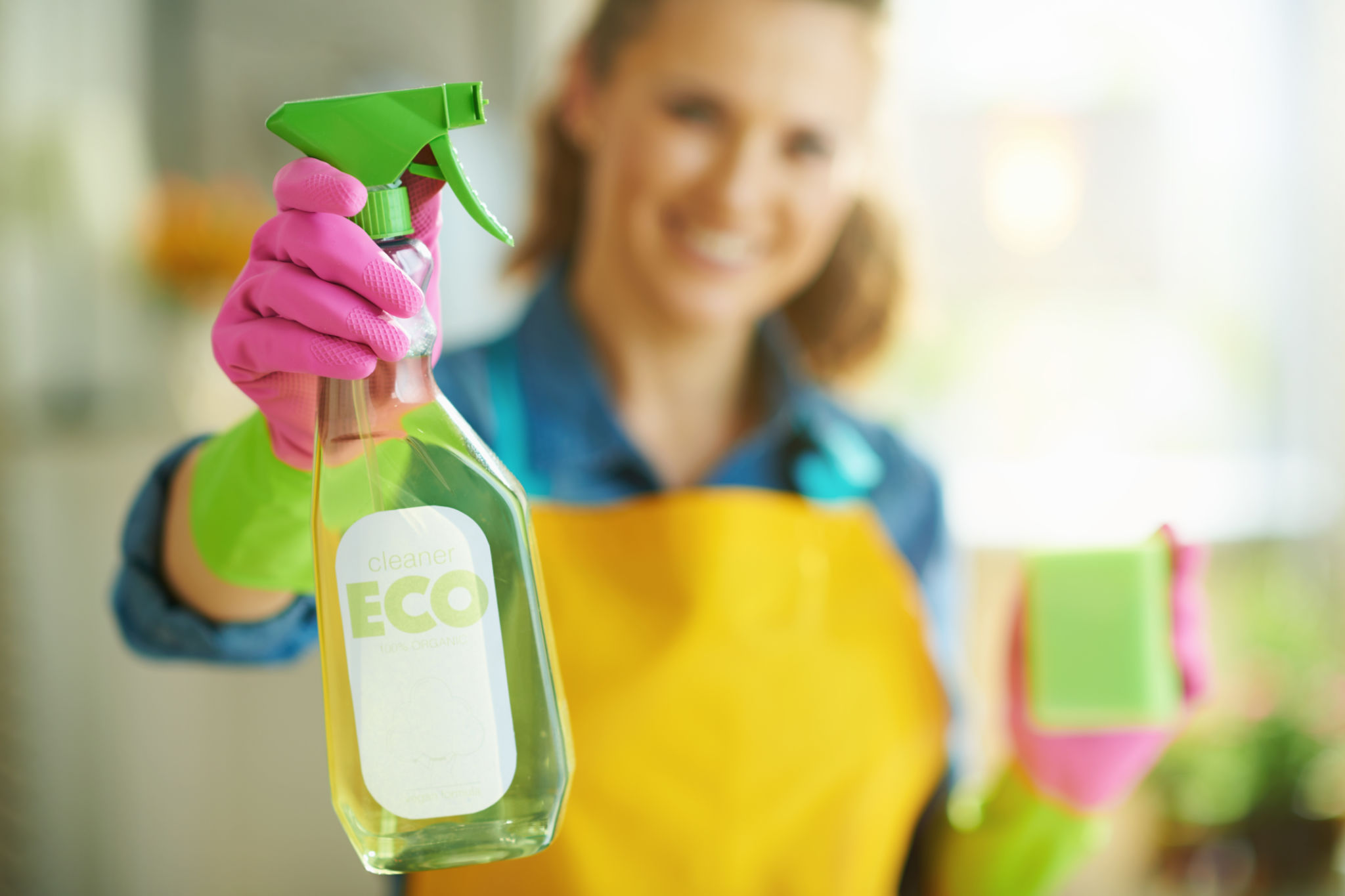Myth-Busting: Common Misconceptions About Eco-Friendly Cleaning
Debunking Myths Around Eco-Friendly Cleaning
In recent years, eco-friendly cleaning products have gained significant popularity, driven by the growing awareness of environmental issues and the desire for healthier living spaces. However, several misconceptions about these green alternatives still persist. In this blog post, we aim to debunk some of these myths and shed light on the truth behind eco-friendly cleaning.

Myth #1: Eco-Friendly Cleaning Products Are Less Effective
One of the most common misconceptions is that eco-friendly cleaning products are less effective than their conventional counterparts. This myth stems from the belief that natural ingredients cannot tackle tough stains or germs. The truth is, many eco-friendly products are formulated with powerful plant-based ingredients that effectively clean and disinfect surfaces. For instance, ingredients like vinegar, baking soda, and citrus extracts can be incredibly effective at removing dirt, grime, and bacteria.
Furthermore, many manufacturers of eco-friendly cleaning products invest in rigorous testing to ensure their products meet or exceed the performance of traditional cleaners. Therefore, choosing green products does not mean compromising on cleanliness.
Myth #2: Eco-Friendly Means Expensive
Another widespread belief is that eco-friendly cleaning products are significantly more expensive than conventional ones. While it's true that some green products can come with a higher price tag, this is not universally true. Many eco-friendly options are competitively priced, and some even offer better value for money due to their concentrated formulas that require less product per use.

Moreover, homemade cleaning solutions using readily available ingredients such as vinegar and baking soda can be incredibly cost-effective. By making your own cleaning products, you not only save money but also reduce packaging waste.
Myth #3: All Eco-Friendly Products Are Safe
While eco-friendly cleaning products are generally safer for the environment and human health, it's a misconception to assume they are entirely risk-free. Some natural ingredients can still cause allergic reactions or irritations in sensitive individuals. It's important to read labels carefully and look for products that are certified by reputable organizations, ensuring they meet safety standards.

Additionally, just because a product is labeled as "natural" or "organic" does not automatically mean it is free from all harmful chemicals. Consumers should remain informed and choose products that provide transparency in ingredient sourcing and production processes.
Myth #4: Green Cleaning Is Just a Fad
Some people dismiss eco-friendly cleaning as a passing trend, but this couldn't be further from the truth. The shift towards sustainable living is part of a larger movement towards environmental responsibility that continues to gain momentum globally. As consumers become more aware of their ecological footprint, the demand for sustainable products is only expected to grow.
In fact, many leading brands have committed to reducing their environmental impact by incorporating eco-friendly practices into their production processes. This commitment reflects a lasting change rather than a fleeting trend.
Conclusion: Making Informed Choices
As we've seen, many myths surrounding eco-friendly cleaning products are just that—myths. By understanding the truths behind these misconceptions, consumers can make informed decisions that benefit both their homes and the planet. Whether you opt for store-bought green cleaners or decide to DIY with natural ingredients, embracing eco-friendly cleaning is a step towards a healthier and more sustainable lifestyle.
